Title: Illuminating Health: The Top 10 Vitamin D-Rich Foods and Their Nutritional Brilliance
Introduction:
Vitamin D, often referred to as the "sunshine vitamin," plays a crucial role in maintaining bone health, regulating immune function, and supporting overall well-being. While sunlight exposure is a primary source of Vitamin D synthesis in the body, incorporating Vitamin D-rich foods into your diet is essential, especially for individuals with limited sun exposure or those living in regions with long winters. In this comprehensive guide, we explore the top 10 food sources abundant in Vitamin D, along with their additional nutritional benefits.
Fatty Fish:
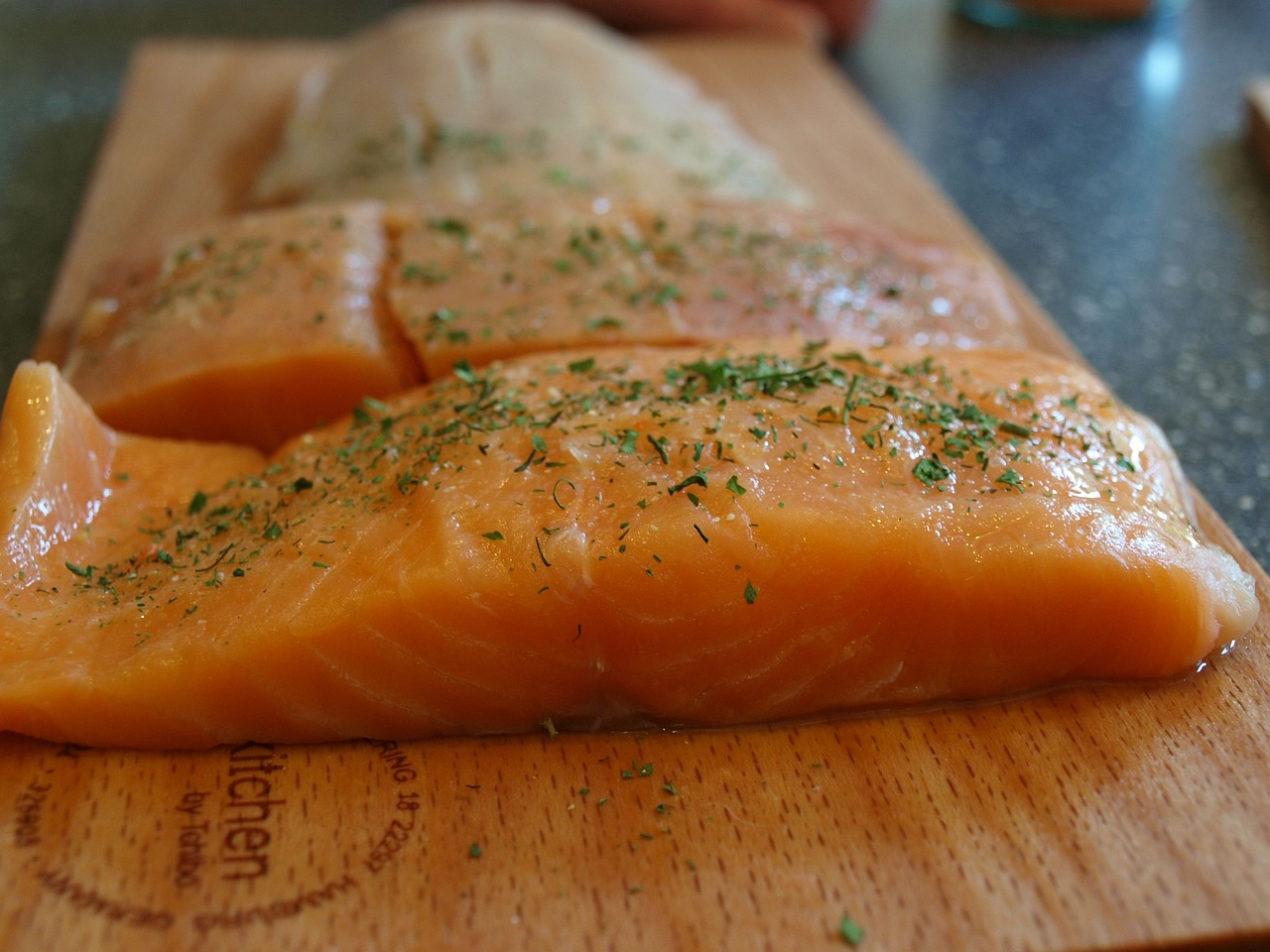
Fatty fish such as salmon, mackerel, and trout are among the best dietary sources of Vitamin D. In addition to Vitamin D, fatty fish provide omega-3 fatty acids, protein, and various vitamins and minerals. Omega-3 fatty acids support heart health, brain function, and joint mobility, while Vitamin D promotes calcium absorption and bone health. Furthermore, fatty fish are rich in selenium, which acts as a potent antioxidant, protecting cells from oxidative damage, and supporting immune function.
Cod Liver Oil:
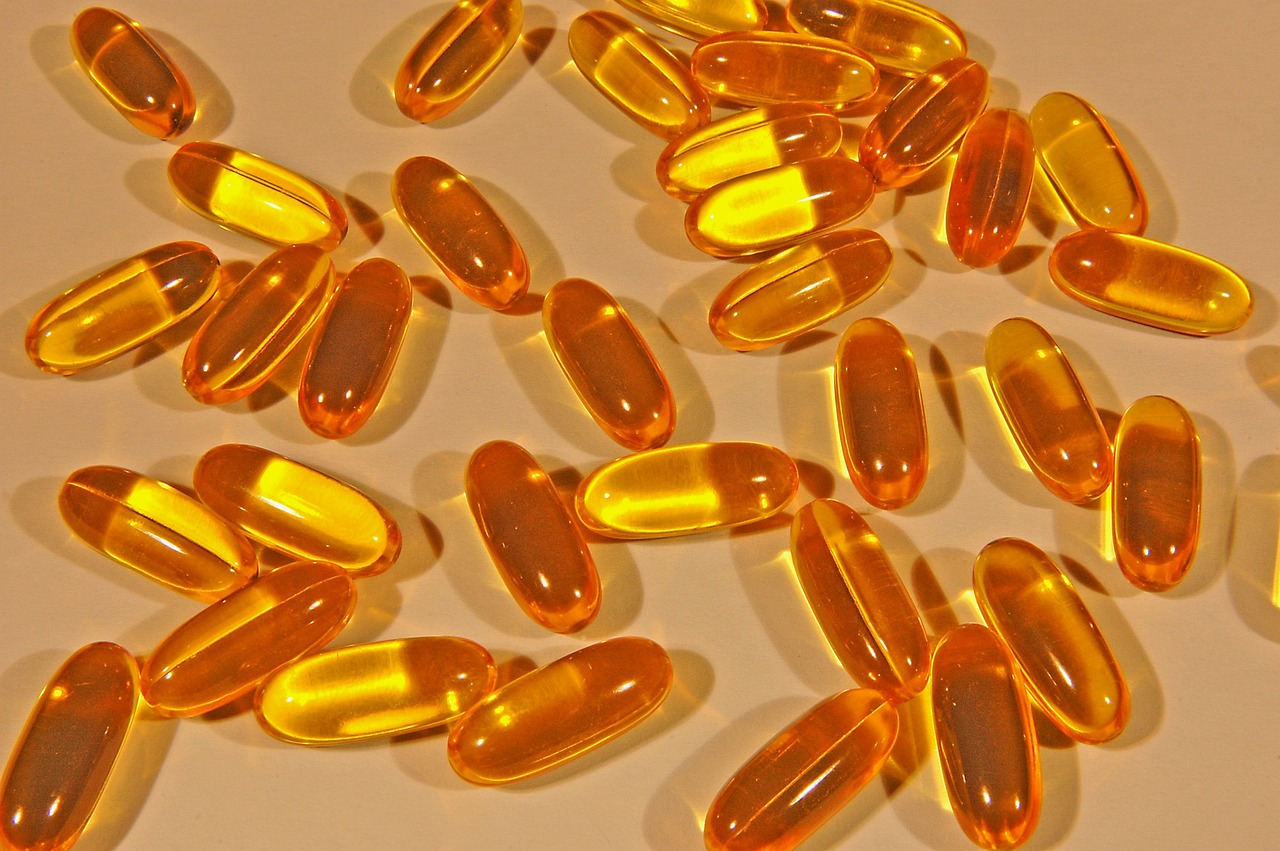
Cod liver oil is a potent source of Vitamin D, as well as Vitamin A and omega-3 fatty acids. In addition to Vitamin D, cod liver oil provides essential nutrients that support immune function, vision, and heart health. Vitamin A is essential for vision, immune function, and skin health, while omega-3 fatty acids support heart health, brain function, and joint mobility. Incorporating cod liver oil into your diet or taking it as a supplement can help ensure adequate Vitamin D intake, especially during the winter months.
Egg Yolks:
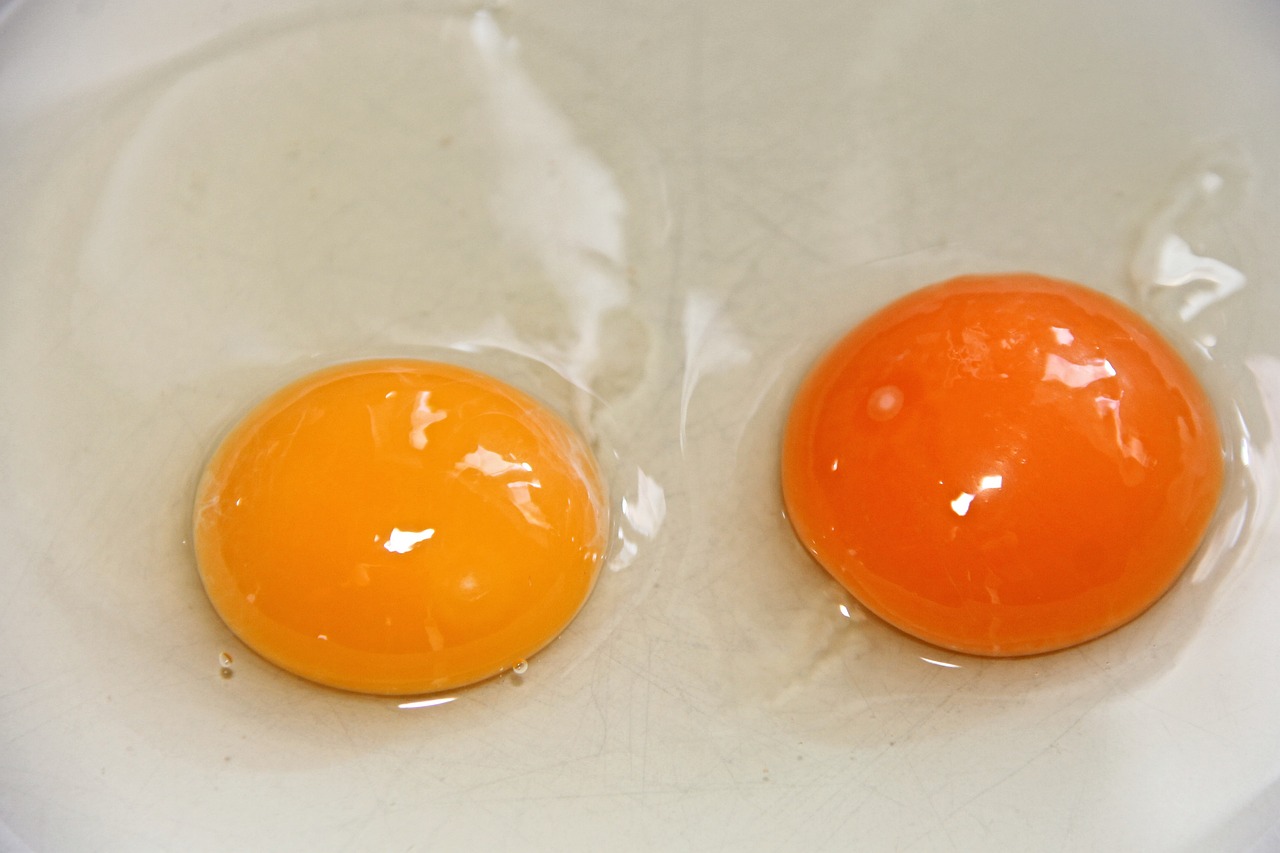
Egg yolks are a natural source of Vitamin D, along with other essential nutrients such as protein, choline, and lutein. In addition to Vitamin D, egg yolks provide high-quality protein, essential amino acids, and choline, which supports brain health and nervous system function. Furthermore, egg yolks contain lutein and zeaxanthin, antioxidants that support eye health and protect against age-related macular degeneration. Including whole eggs in your diet can help boost your Vitamin D intake and provide a range of other health benefits.
Fortified Foods:
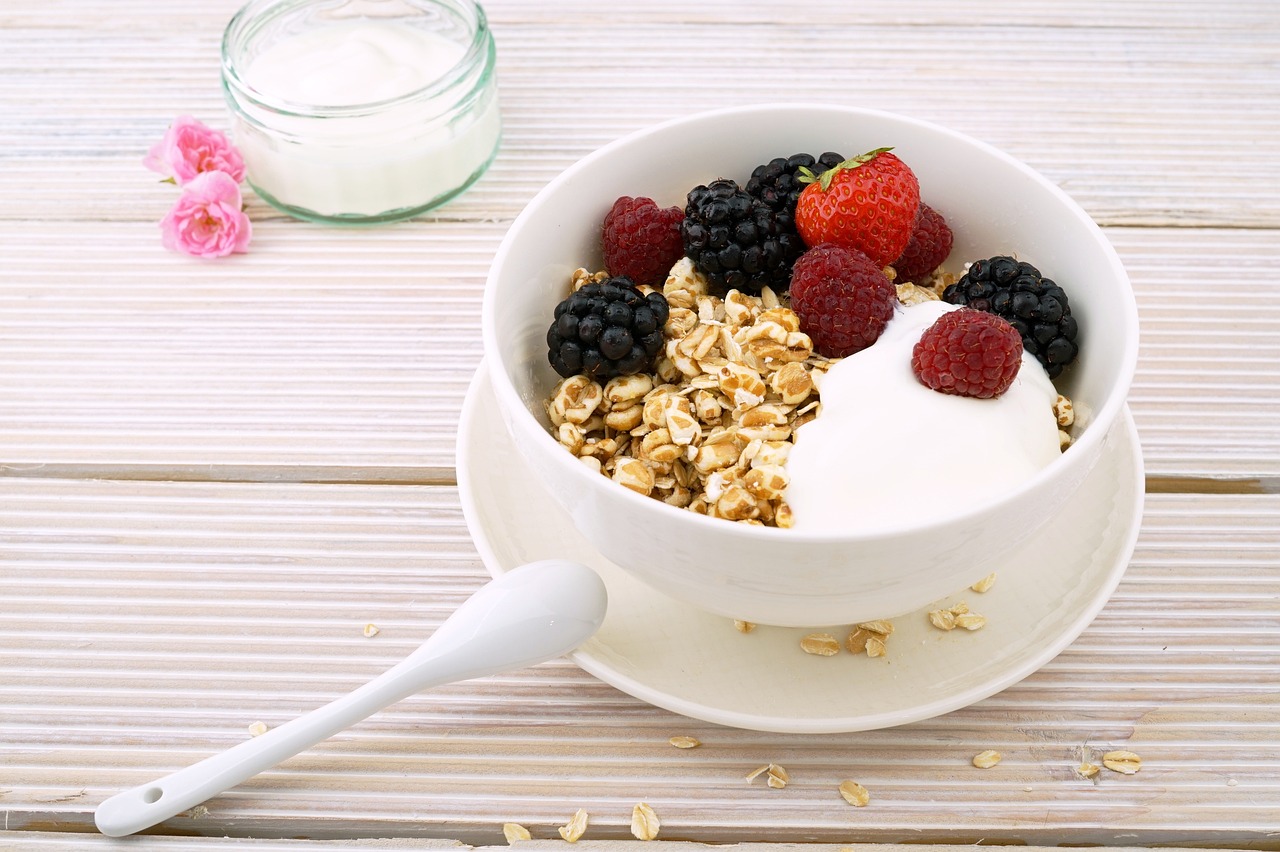
Many foods are fortified with Vitamin D to help prevent deficiencies, especially in regions where sunlight exposure is limited. Common fortified foods include milk, orange juice, cereal, and plant-based milk alternatives. In addition to Vitamin D, fortified foods often provide calcium, Vitamin A, and other essential nutrients. Calcium is crucial for bone health, while Vitamin A supports vision, immune function, and skin health. Fortified foods offer a convenient way to increase your Vitamin D intake, particularly for individuals with dietary restrictions or preferences.
Mushrooms:
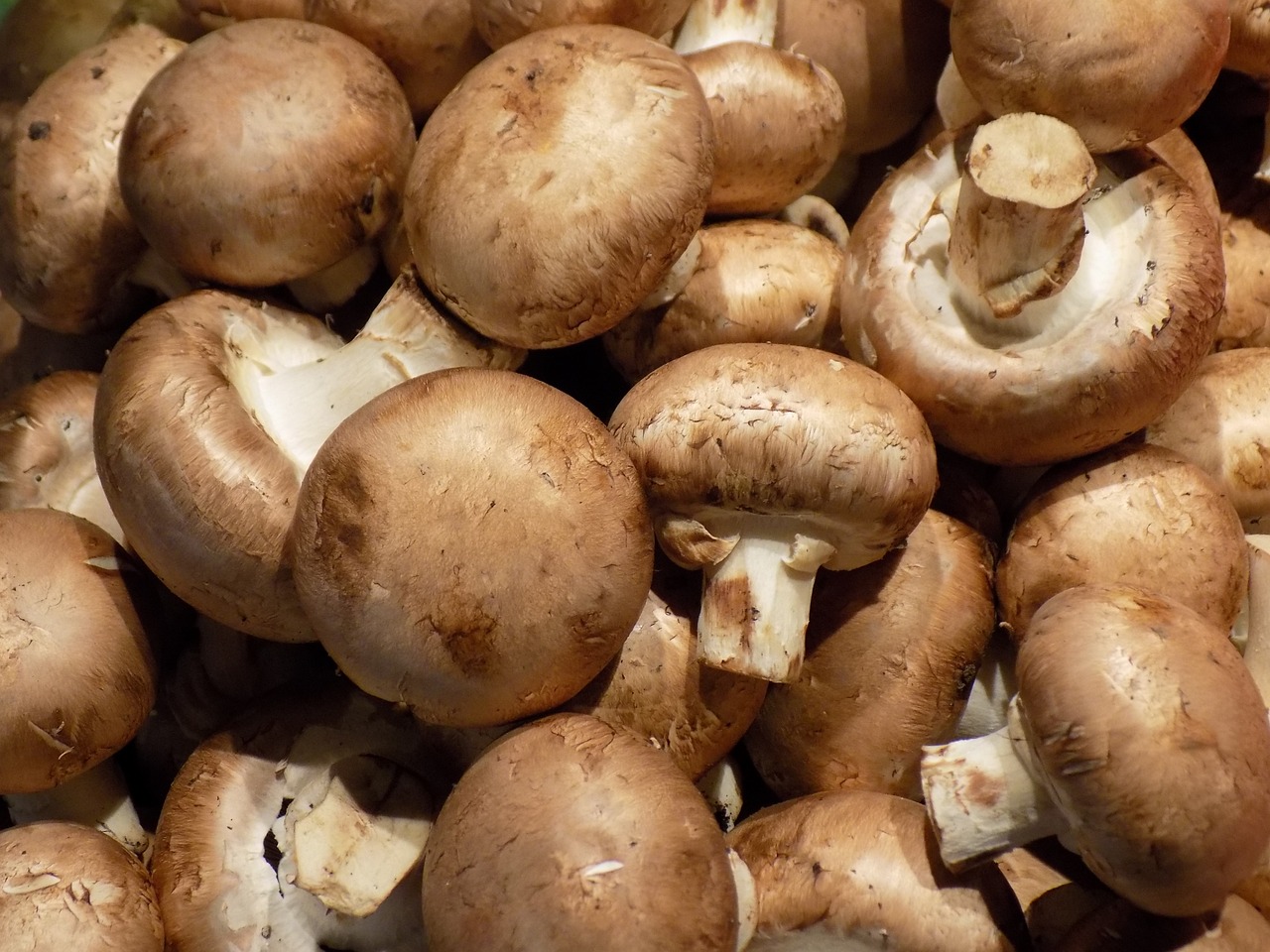
Certain types of mushrooms, such as shiitake and maitake mushrooms, contain Vitamin D, particularly when exposed to sunlight during growth. In addition to Vitamin D, mushrooms provide fiber, protein, and various vitamins and minerals. Fiber supports digestive health and helps maintain steady blood sugar levels, while protein is essential for muscle repair and growth. Furthermore, mushrooms are rich in antioxidants such as selenium and ergothioneine, which support immune function and protect cells from oxidative damage.
Fortified Tofu:

Tofu, a popular plant-based protein source, is often fortified with Vitamin D to enhance its nutritional value. In addition to Vitamin D, fortified tofu provides protein, calcium, and iron. Protein is essential for muscle repair and growth, while calcium supports bone health and muscle function. Furthermore, tofu is low in saturated fat and cholesterol, making it a heart-healthy alternative to animal-based proteins. Including fortified tofu in your diet can help increase your Vitamin D intake, especially for individuals following a vegetarian or vegan lifestyle.
Cheese:

Certain types of cheese, such as cheddar, Swiss, and ricotta cheese, contain small amounts of Vitamin D. In addition to Vitamin D, cheese provides protein, calcium, and phosphorus. Protein is essential for muscle repair and growth, while calcium and phosphorus support bone health and energy metabolism. Furthermore, cheese is rich in other essential nutrients such as Vitamin B12 and zinc, which support nervous system function and immune health, respectively.
Beef Liver:

Beef liver is a nutrient-dense organ meat that contains Vitamin D, along with other essential nutrients such as iron, Vitamin A, and B vitamins. In addition to Vitamin D, beef liver provides high-quality protein, iron, and Vitamin A. Iron is essential for oxygen transport and energy production, while Vitamin A supports vision, immune function, and skin health. Furthermore, beef liver is rich in B vitamins such as riboflavin and niacin, which support energy metabolism and nervous system function.
Sardines:
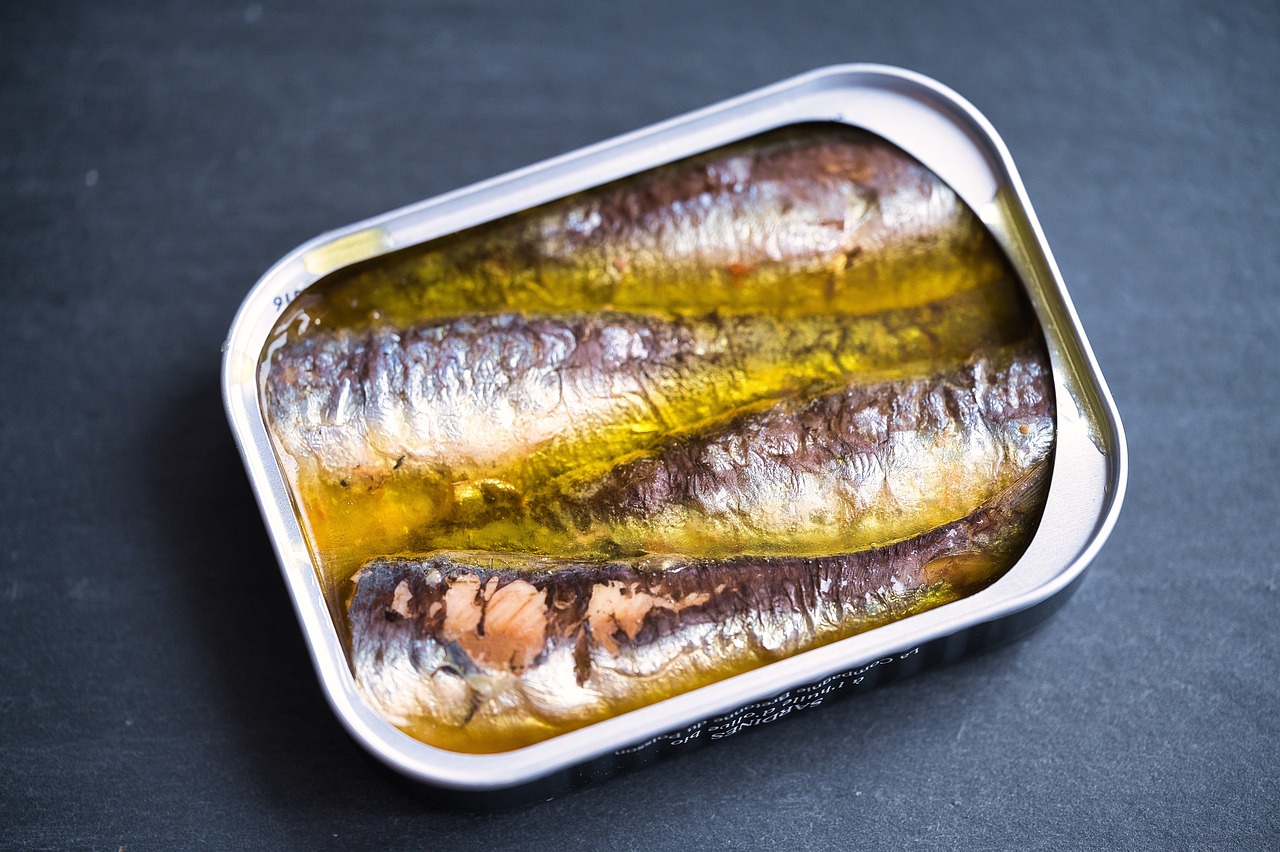
Sardines are small, oily fish packed with nutrients, including Vitamin D, omega-3 fatty acids, and calcium. In addition to Vitamin D, sardines provide heart-healthy fats, protein, and various vitamins and minerals. Omega-3 fatty acids support heart health, brain function, and joint mobility, while calcium is crucial for bone health and muscle function. Furthermore, sardines are a sustainable seafood choice and are low in mercury compared to larger fish species.
Yogurt:

Yogurt is a fermented dairy product that contains small amounts of Vitamin D, along with probiotics and essential nutrients such as protein and calcium. In addition to Vitamin D, yogurt provides probiotics, which support gut health and immune function. Furthermore, yogurt is rich in calcium, which is essential for bone health and muscle function. Including yogurt in your diet can help increase your Vitamin D intake and promote overall health and well-being.
In Conclusion:
Incorporating Vitamin D-rich foods into your diet is essential for maintaining bone health, supporting immune function, and promoting overall well-being. By including the top 10 food sources abundant in Vitamin D into your meals, along with their complementary vitamins, minerals, and antioxidants, you can optimize your nutritional intake and enhance your health.
Whether enjoying fatty fish, fortified foods, or nutrient-rich dairy products, these Vitamin D-rich foods empower you to nourish your body from within and thrive in every aspect of life.